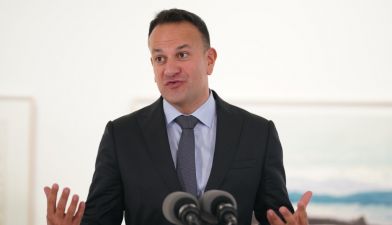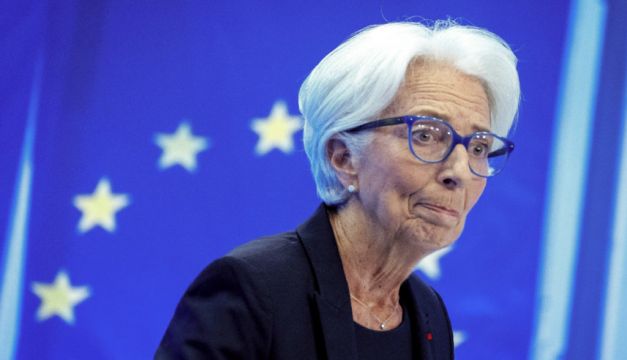The European Central Bank has raised interest rates for the third meeting in a row and signalled an intention to start mopping up cash from the banking system to fight record-high inflation.
The ECB has been undoing years of aggressive stimulus in a matter of months after being blindsided by a sudden surge in prices – the result of higher energy costs caused by Russia's invasion of Ukraine and the economy's uneven reopening after the Covid-19 pandemic.
The central bank of the 19 countries that share the euro raised the interest rate it pays on bank deposits by 75 basis points, taking it to the highest level since 2009.
"The Governing Council took today’s decision, and expects to raise interest rates further, to ensure the timely return of inflation to...2%," the ECB said.

The latest increase means that someone on a tracker mortgage who has €200,000 remaining on their loan will now be paying around €180 extra each month compared to the start of the year, which equates to an additional €2,160 over 12 months.
If rates reach 3 per cent next year, monthly repayments could rise by close to €300 a month or €3,600 a year.
“For now all the main banks have held off on increasing their variable rates. And only AIB has increased its fixed rates (by just 0.50 per cent). But that’s unlikely to last,” Daragh Cassidy of price comparison website bonkers.ie said.
“However variable rates in particular in Ireland are poorly priced so there is scope for the banks to absorb some of the ECB rate increases for these customers. But Permanent TSB, Bank of Ireland and AIB are almost guaranteed to increase their fixed rates over the coming weeks.”







